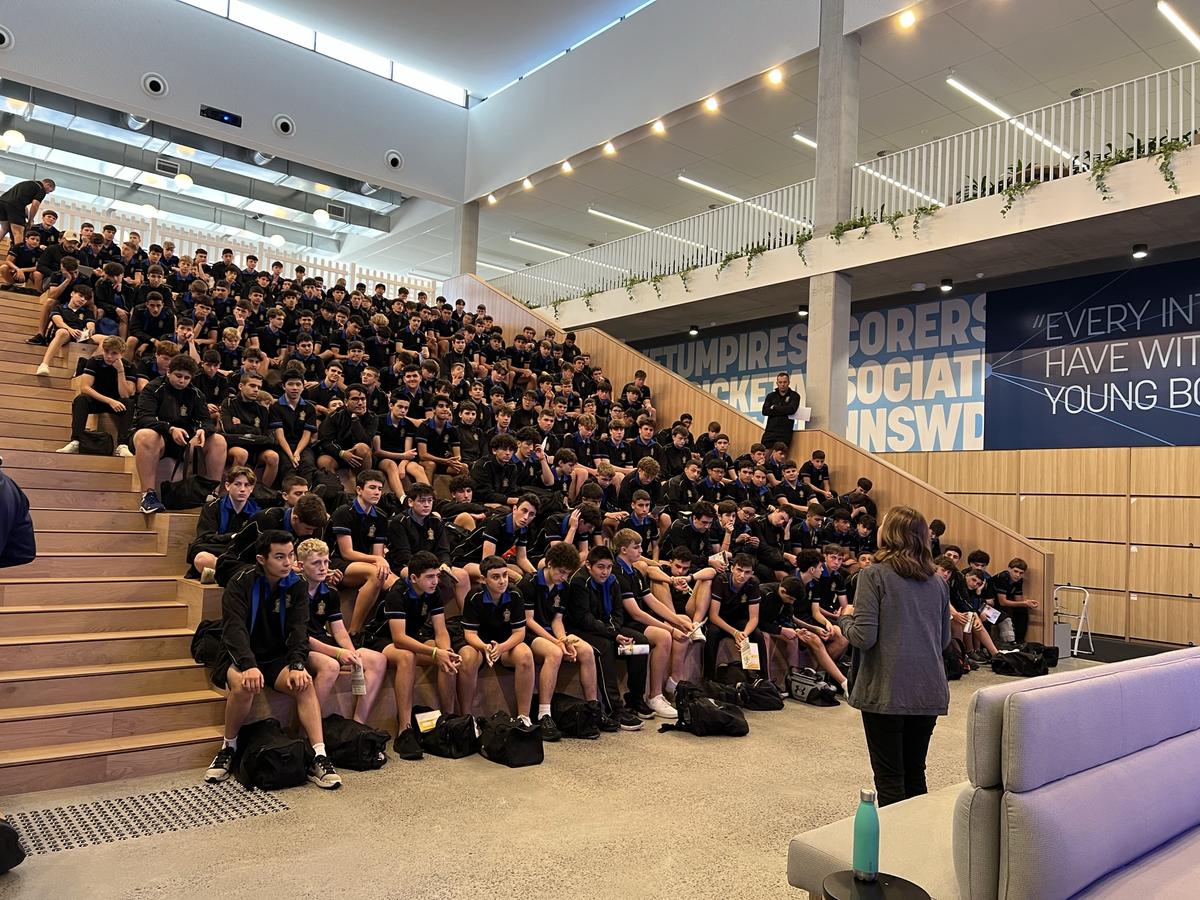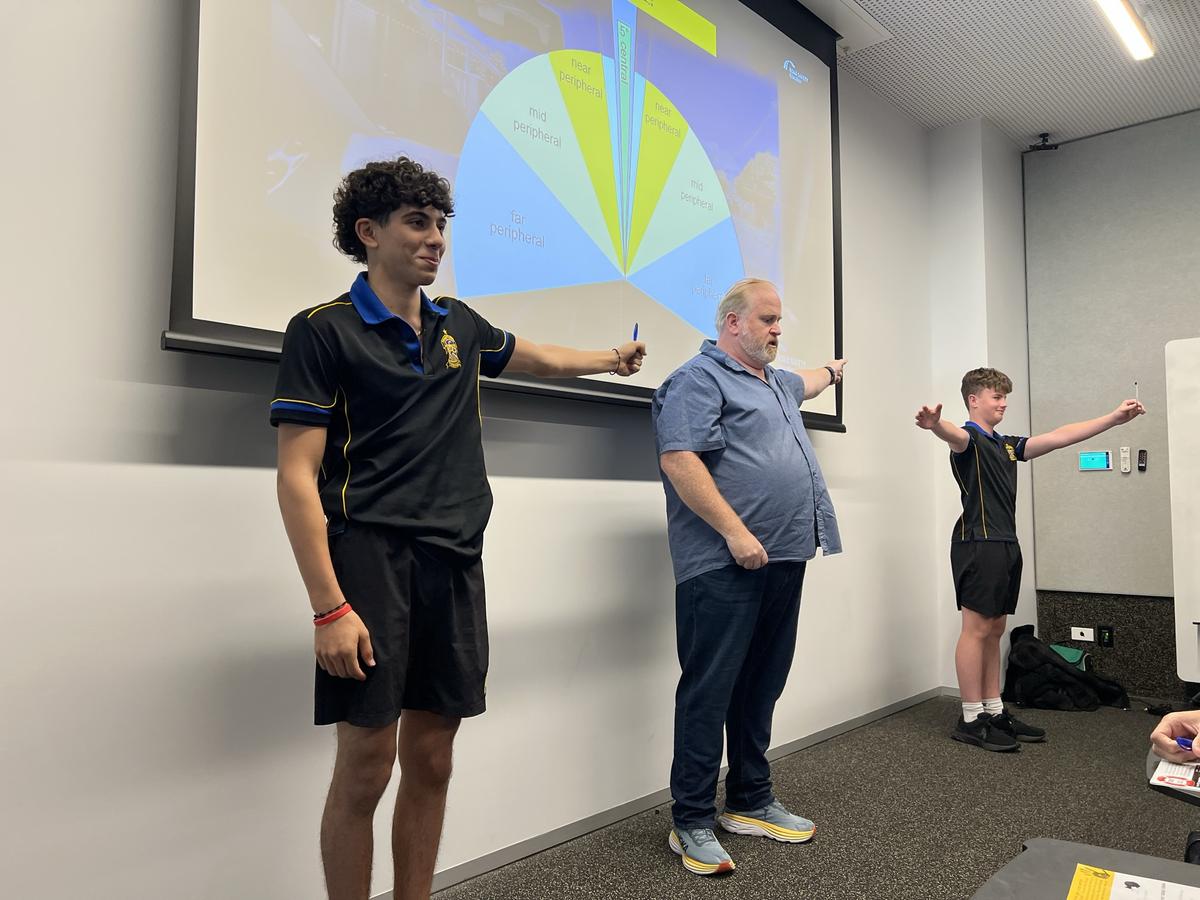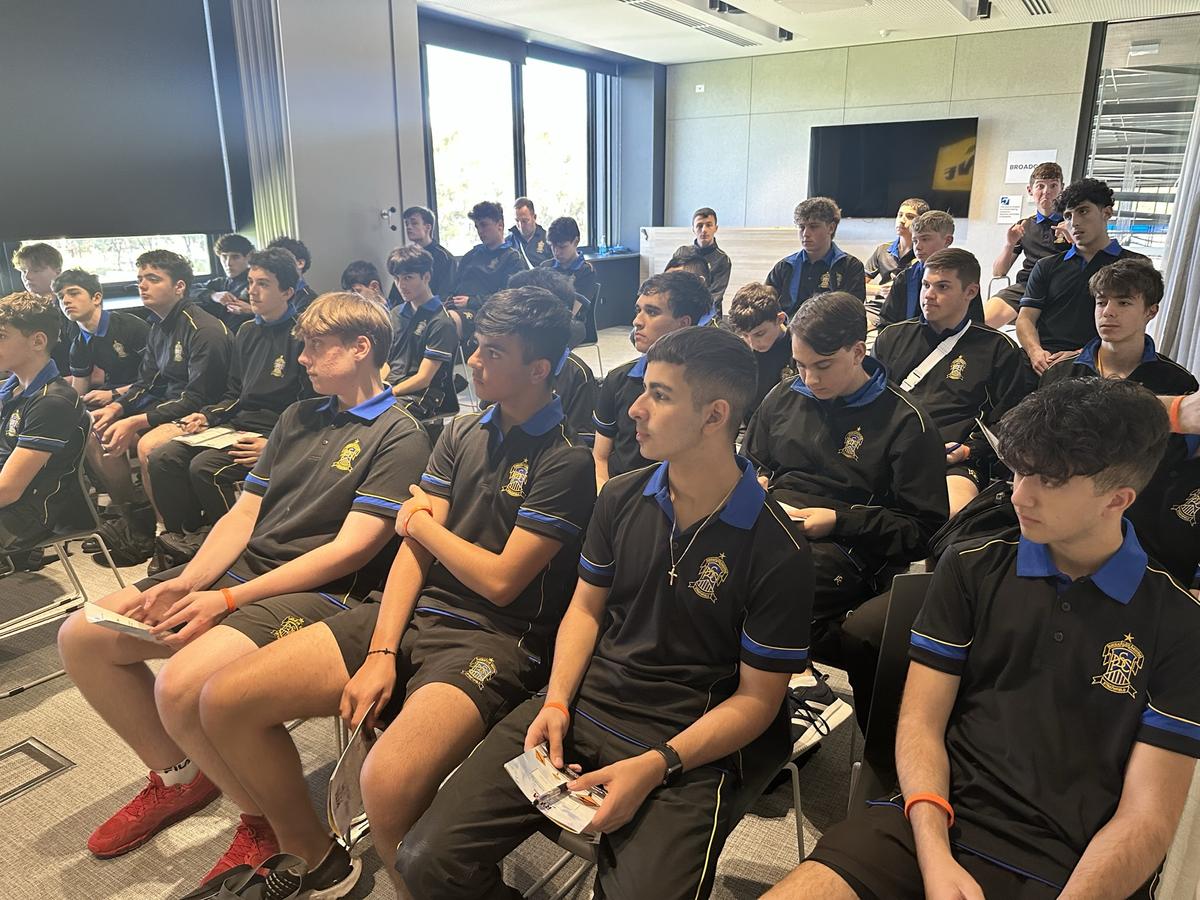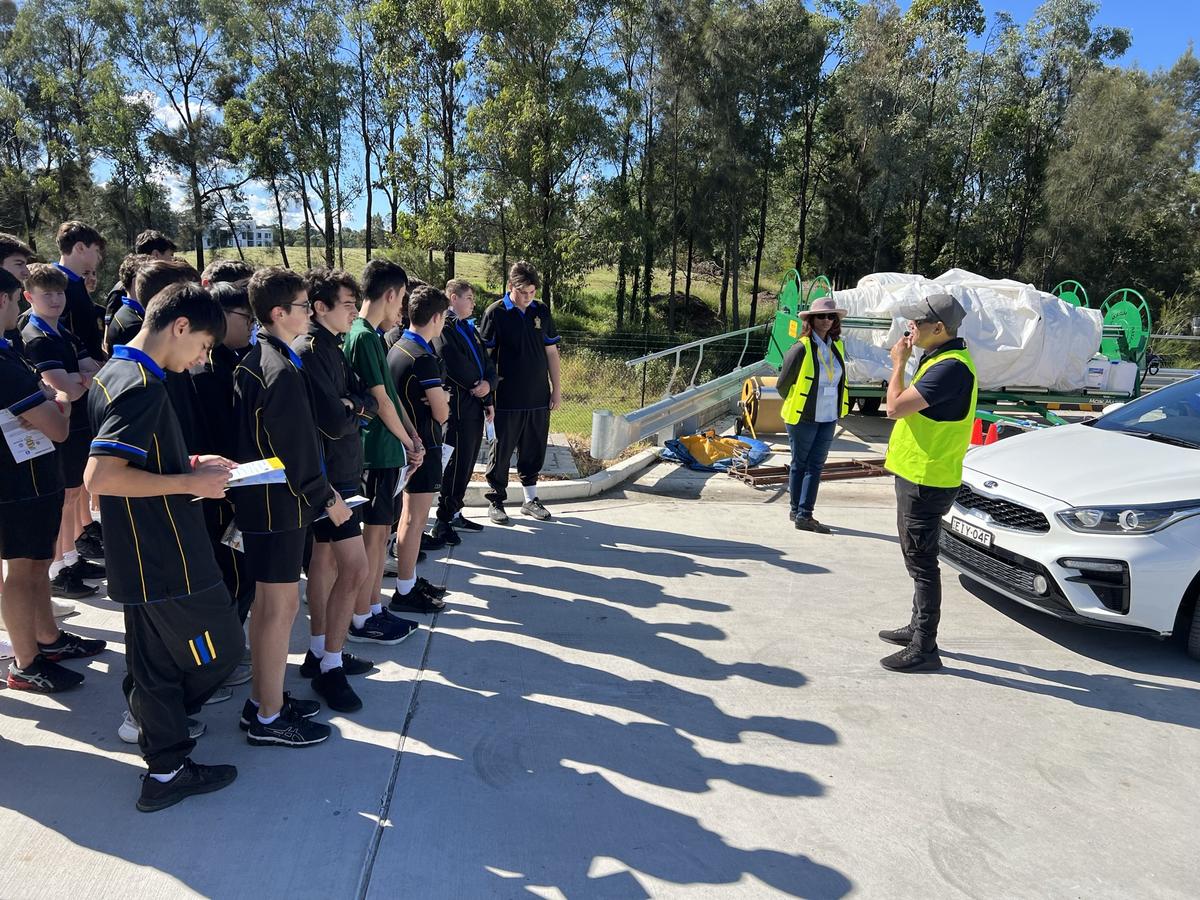Wellbeing

Building Relational Trust
Over the last week, the Wellbeing Team at the College has been looking at some of our pastoral care data from Term 1, as a means of reflections and further recommendations. Overwhelmingly, through data analysis, we have seen evidence of a high proportion of positive instances that teachers have communicated to relevant staff and parents/carers across the College. This really brings to light the effect of opportunities that are provided in which students feel safe, happy, and equipped for learning. More specifically, it speaks to me of the fostering of relational trust.
Relational trust - the confidence in the reliability of another person to reach a certain outcome. It should be noted that trust, in itself, is not the cause of improvement, but it creates the basic foundation that can initiate efforts at building effective support and improvement. As such, in speaking with a number of staff and students across the week, both were able to highlight a few key factors that have been most effective in fostering trust:
- Listening to everyone’s voices
- Asking questions to gain insight from others
- Seeking ways to collaborate
- Genuinely wanting students to succeed
- Learning the passions and interests
- Embracing diversity and inclusivity.
Relational trust extends beyond the classroom and the College context. When you, as parents/carers continue to activate trust and positive emotions at home, you’re able to help your sons foster cooperative relationships, continue to build resilience, persistence and increase motivation - all necessary skills that they will need to succeed in school and in the workplace once they graduate.
We all have a part to play to strengthen their coping skills, self-regulation, and self-affirmation. Here at St Patrick’s College and along with your help and support, the proof is in the pudding, and we are doing this well, but we should always continue asking, what are more strategies we can be doing to progress a culture of trust with our young men?
Alex Sinadinos
Acting Director of Wellbeing
Year 10 RYDA Road Safety Education Workshop
On Monday 1 May, the entire Year 10 cohort participated in the RYDA Road Safety Education workshop. This experience was organised as a joint approach from both the Wellbeing Team and PDHPE Faculty with the aim to not only provide students with learning experiences to benefit both their curriculum focus in the Stage 5 PDHPE course, but also to develop their awareness and decision making around risk taking when both driving and as a passenger.
Did you know that 17-25 year olds make up 15% of licence holders but represent 25% of annual road fatalities?
RYDA is the leading and only national road safety education program for youth in Australia, providing young people with the skills and strategies they need to stay safe on the roads. The students participated in a variety of sessions throughout the day, including:
- Speed and Stopping
On a closed roadway, students worked with driving instructors and experienced the relationship between speed and stopping distance through practical observation. - DRIVE S.O.S.
Students looked at the road from the perspective of other road users, gaining an understanding of their challenges and learning how to “Drive So Others Survive”. - The ‘I’ in Drive `
A reflective session designed to show how personality impacts risk on the road. Students self-assessed against five areas, using this tool to analyse risky situations and practice speaking up. - Road choices
A discussion which was led by a police officer on key risk areas for young drivers and passengers. - Crash Investigators
Students engaged with a story of a crash survivor and how the event changed their life. Students investigated crash factors, comparing them against the Safe System approach. - Mind Matters
Drawing from a true story, students looked at the role of mood as a road risk factor.
Unfortunately, young people continue to be overrepresented in road deaths and serious injuries from crashes. Carrying passengers under the age of 21 (who are not family members) increases the risk of a young driver crashing significantly. Research tells us that crash risk grows exponentially as young passengers are added.
Whether they are the driver or a passenger, every young person contributes to the safety of the road users around them. We hope that by participating in the RYDA course, we have assisted our young men to make positive contributions from any seat of the car they are in.
Katherine Sinadinos
Acting Student Wellbeing Coordinator





